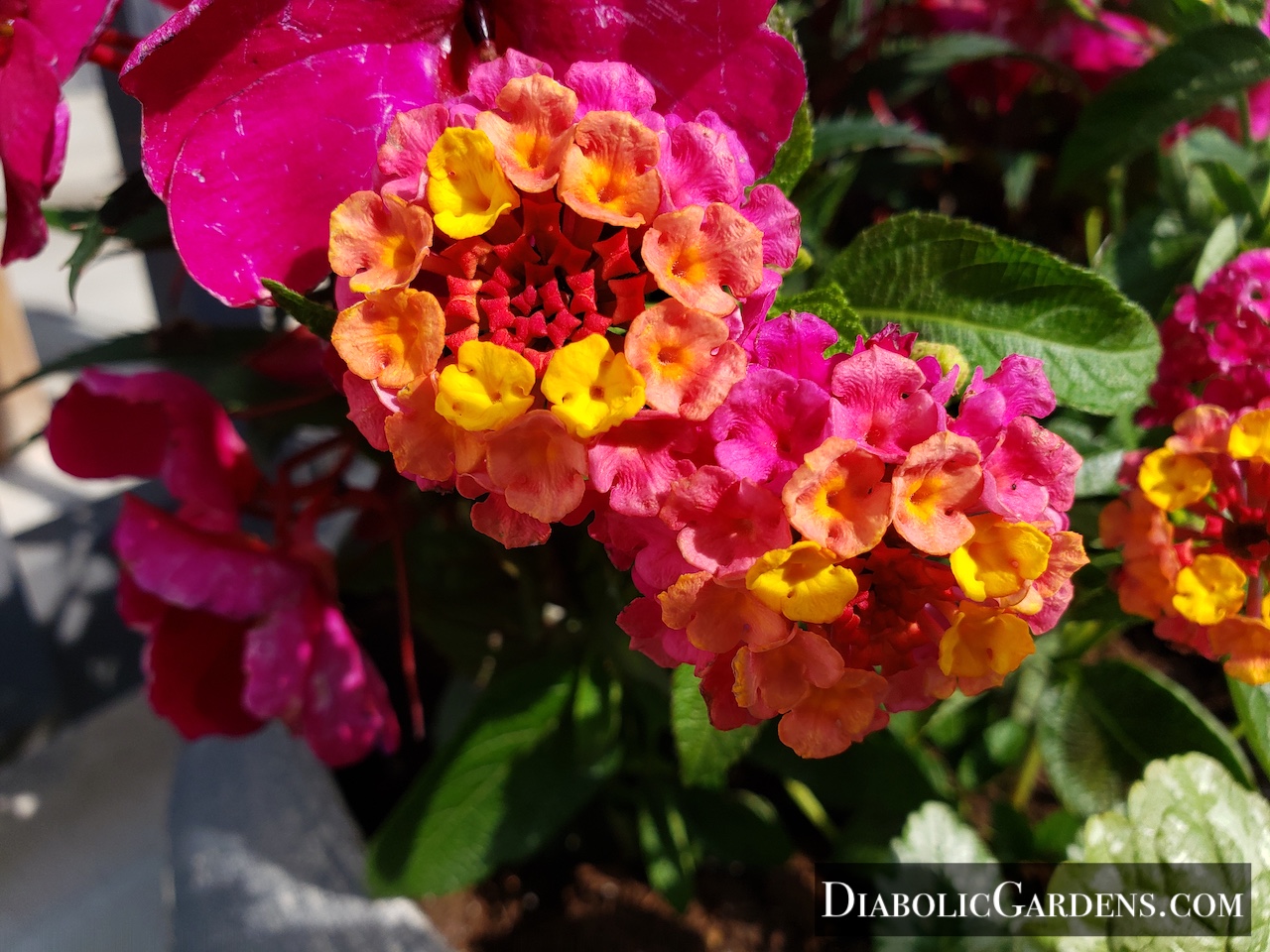Flora - Edible Flowers
Petunia
The common garden petunia is an ornamental plant whose showy trumpet-shaped flowers make it popular for summer flower beds and window boxes.

Petunia
Petunia × atkinsiana
Adopted:
2022-02-15
Size:
Height 12 - 15 inches
Care:
Light:
Petunias need at least 6 hours of full sun per day.
Water:
Keep the soil consistently moist, but avoid overwatering.
Humidity:
Petunias generally thrive in moderate humidity levels, ideally between 40-60% relative humidity (RH).
Temperature:
Petunias thrive in warm temperatures, generally between 55-80°F. They are not cold-hardy and can be damaged by temperatures below 40°F and will likely die with frost.
Soil:
Well-draining soil is crucial, as petunias are susceptible to root rot if kept too wet.
A layer of mulch can help retain moisture and keep the soil cool.
Fertilizer:
Regular fertilization, ideally monthly, will encourage healthy growth and blooming.
Pruning:
Pruning can encourage bushier growth, and deadheading (removing spent blooms) promotes more blooms.
Propagation:
Petunias can be propagated through seeds or cuttings. Propagating from seeds requires providing the seeds with a warm environment (minimum 68°F), moist soil, and a bright location without direct sunlight.
Propagating from cuttings involves taking 4 inch long, preferably flowerless, shoots, removing leaves and flowers (except the top pair), and rooting them in lime-free water before repotting.
Petunias belong to the same family as tomatoes, potatoes, and tobacco.
They come in a wide variety of colors, including blue, red, white, and many others.
In the past, gifting petunias was considered an insult, symbolizing "I don't like you."
Petunia blooms are edible, provided they are not sprayed with pesticides.
GROW LOG:
- 2/15/2022 - Adopted Luna

